Are you looking for the best cloud phone system for remote teams?
Cloud-based phone systems are a great option when your team members work remotely sometimes or work from home. Choosing the best cloud phone system is a very important decision because it can impact your business and customers.
In this article, we will compare the best cloud phone systems for remote teams with their features, pros, and cons.
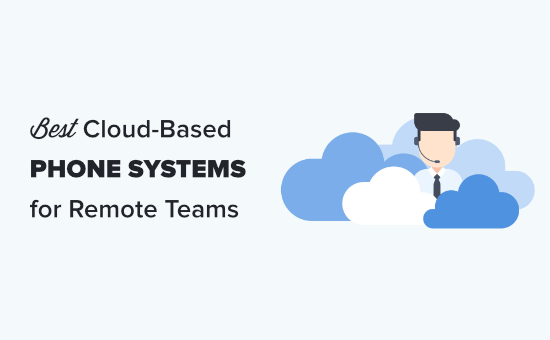
What is a Cloud Phone System?
A cloud phone system is a business VoIP (Voice over Internet Protocol) telephone system that allows you to make and receive business phone calls through your internet connection.
Because your phone calls are managed in the cloud over the internet, you and your employees can take calls from anywhere. You don’t need to be physically connected via a landline, as you would in a traditional phone system.
Cloud phone system is perfect for remote teams. Instead of employees giving out their personal cell phone number for business calls, they can receiving business phone calls using the virtual business phone number app on their cell phone.
That being said, here are the top cloud phone systems for remote teams.
1. Nextiva
Nextiva offers an excellent easy-to-use cloud phone system that’s ideal for remote teams. It comes with all the features and functionality you need for your business communications, such as unlimited free domestic calls, advanced call routing, voicemail to email and text, SMS messages, auto attendant, and online faxing.
The web-based admin panel is simple to use and manage. You get a free local or toll-free number, free number porting, and all the call management features you’d expect. These include caller ID, call forwarding, custom greetings, auto-attendant, advanced IVR (interactive voice response) system, and more.
Within the US and Canada, you have unlimited VoIP calling with Nextiva. For international calls, they have very affordable rates.
The Nextiva communication platform offers additional powerful features that integrate with your phone system. These include a fully-featured CRM and live chat, making Nextiva a Unified Communications system, also called a complete cloud platform.
Nextiva also offers online surveys and call analytics. The voice analytics software gives you real-time insights into phone activity across your organization. This lets you monitor call volumes and spot potential problems.
Larger companies, contact centers, and call centers often use Nextiva to transition their existing private branch exchange (PBX) system into a powerful cloud phone system.
You can use your existing desk phones with Nextiva, or you can buy IP phones for your remote team to use instead. Netiva also offers computer apps which work as a ‘softphone’, so your team can make voice calls through their computer.
Nextiva also have a business phone app that works on iPhones (iOS), and Android smart phones.
Most importantly, Nextiva gives you great call quality and connectivity through their incredibly reliable data centers. They have had no outages at all in the last two years.
If you ever need any help with your business phone service, their customer service team is always helpful and responsive.
Price: Nextiva starts from $19.95/user/month. The price per user varies depending on how many users you have.
Editorial Note: We use Nextiva for our team at WPBeginner and Awesome Motive. We’ve been huge fans of their platform and highly recommend them.
2. RingCentral
RingCentral is another popular cloud phone system for remote teams. Their feature-rich system includes all the standard options you’d expect, like unlimited calling, call forwarding, caller ID, call waiting, texts, online faxing, automatic call recording, and more.
You also get video conferencing with screen sharing, plus integration with Google Workspace (formerly G Suite), Dropbox, Microsoft Office365, Salesforce and other services. This can enable RingCentral to operate as the heart of your communications platform.
Like Nextiva, RingCentral will not charge you for calls in the US and Canada, no matter how many calls you make. Your team members can take calls through the RingCentral mobile or desktop app, giving them plenty of flexibility.
RingCentral also works as a cloud PBX or virtual PBX system, meaning incoming calls can easily be routed to the right department or extension. You can also add extra virtual phone lines as needed.
You can also use RingCentral to buy vanity phone numbers like 1-800-GoFedEX.
Price: RingCentral costs from $19.99/user/month, billed annually. There’s also a free 15-day trial available. This gives you a maximum of 5 users and 50 minutes of talk time per user.
3. Ooma
Ooma is a popular business VoIP provider that makes a great cloud communications solution for remote teams. It gives you lots of useful features like a virtual receptionist, extension dialing, hold music, a mobile app, a desktop app, and more.
You can add a toll-free number (1-800 number) for free. There are also toll-free calling plans, so you get more minutes of incoming toll-free calls per month.
It’s simple to get your cloud VoIP business phone system set up with Ooma. You have the option to keep your existing business phone number or get a new one from Ooma.
Ooma also operates as a cloud PBX or hosted PBX system. This means it’s easy to transfer calls and enable team collaboration between remote employees.
You can set up team members with their own phone, purchased from Ooma or from a third party. Alternatively, you can reduce the upfront costs by creating a new line that directs to the employee’s existing Android or iOS device.
Keep in mind that with any phone system, your team members will need a reasonable amount of bandwidth (upload speed) to make high-quality calls.
Price: Ooma costs from $19.95/user/month.
4. Grasshopper
Grasshopper is a great cloud phone system for small businesses. It gives you a virtual phone number that can forward calls to any phone number or mobile device.
You get all the features you’d expect, including call forwarding, routing, hold music, voicemail to email, and more. There’s a mobile app plus a desktop app, so it’s easy for your team to use while working remotely.
With Grasshopper, you are able to get a US or Canadian local or toll-free number. You can also add custom greetings and extensions. All Grasshopper’s plans include unlimited minutes, too.
A drawback with Grasshopper is that you can’t use it to make outgoing calls. You still need your regular phone number for that. Plus, Grasshopper is only available in the USA and Canada.
Price: Grasshopper costs from $26/month, billed annually. This is for one phone number, but you can add extensions.
5. Phone.com
Phone.com offers a simple web interface and mobile app to manage your cloud office phone system. Like the other phone system providers we’ve covered, they offer all the standard features you’d expect. These include call forwarding, call routing, caller ID, text messaging, voicemail to email, and more.
Phone.com includes Canada plus some European countries in their local call minutes. This makes calling out to those countries much cheaper.
With Phone.com, you can also pay for extra features including call recording and more phone numbers.
The cheapest plan limits you to 300 monthly minutes and 2,000 text messages. This may be enough for your business needs if your small company doesn’t make many calls.
There’s also 24/7 live customer support, in case you need help getting set up.
Price: Phone.com costs from $12.99/user/month.
6. Google Voice
Google Voice is a cloud phone system from Google. It offers all the features you need, like free calling to US and Canada numbers, call forwarding, voicemail transcription, text messaging, call screening, and more.
With Google Voice, you also get integration with Google Calendar, Google Fi, and Google Meet.
A Google Voice number can be used through cell phones or through the desktop app with a dial pad, letting your employees work on the go. They can set their Voice number to forward to their mobile phone or other devices.
Price: Google Voice is free for personal use. The business plans pricing is from $10/user/month.
7. eVoice
eVoice is another popular VoIP service provider. It offers unlimited calls, call routing, custom greeting, call forwarding, conference calling, text messages, voicemail to text, and more.
It’s a good option if your remote team is international or based in the UK, as eVoice offers coverage in the UK, EU, and Canada, as well as in the USA.
Note: eVoice is branded as eReceptionist in the UK.
Price: From $16.67/user/month (billed annually).
Which is the Best Cloud Phone System for Your Team?
We believe that Nextiva is the best cloud phone system for remote teams. It has lots of advanced features, and excellent support. You can easily add remote team members and set up call forwarding rules.
Nextiva’s mobile and desktop apps are easy to use. This makes it a great option for remote teams, when hands-on training is difficult.
Plus, Nextiva’s unified communication platform comes with built-in CRM and live chat features.
This is why we use Nextiva on WPBeginner and believe it’s the best cloud phone system in the market.
If you want an alternative to Nextiva, RingCentral is another excellent option. It has similar features and comes as a close second in our list.
We hope this article helped you learn about the best cloud phone systems for remote teams. You might also like our comparison of the best email marketing services and best push notification software to connect with your customers after they leave your website.
If you liked this article, then please subscribe to our YouTube Channel for WordPress video tutorials. You can also find us on Twitter and Facebook.
The post 7 Best Cloud Phone Systems for Remote Teams – Compared (2020) appeared first on WPBeginner.
from WPBeginner https://ift.tt/2VTQqSS
More links is https://mwktutor.com
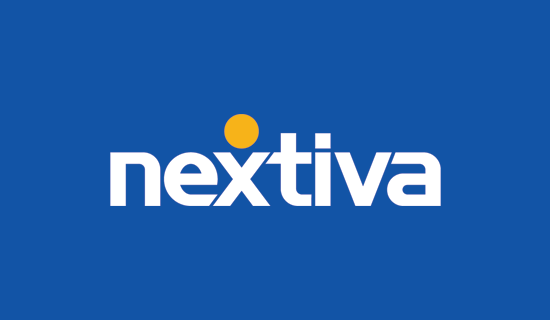

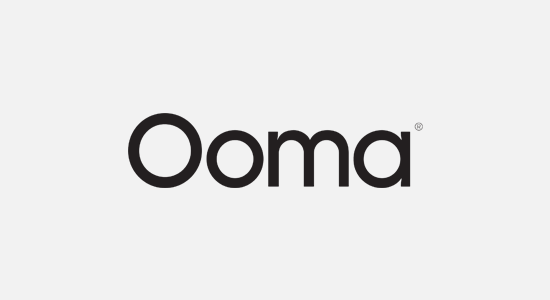
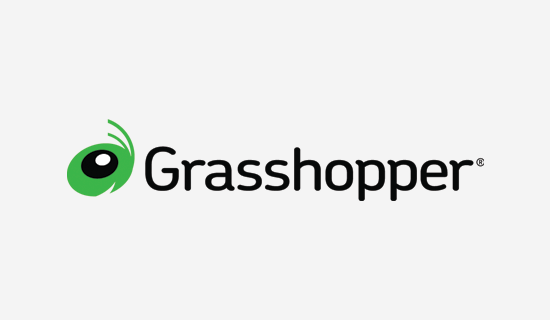
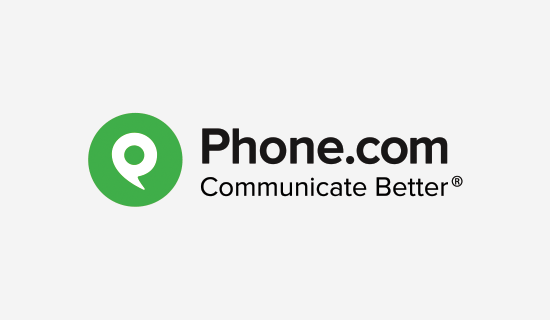
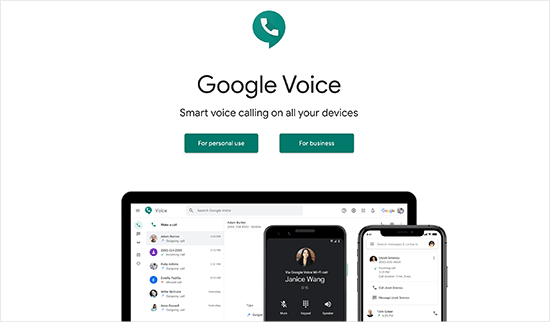
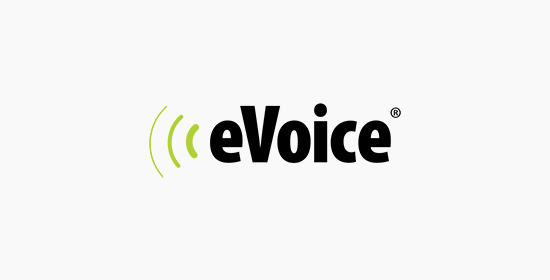
No comments:
Post a Comment